Found 137 Results
Page 13 of 18

Calm or Chaos: The Role of the Media During a Crisis
Post | May 5, 2020
As the COVID-19 2020 news headlines continue to dominate, the American public is facing an onslaught of information about the pandemic. Social and traditional media are covering developments, spreading opinions, and broadcasting statistics about COVID-19. There has been a strong association between coronavirus media coverage and an increase in public attention on the virus itself […]
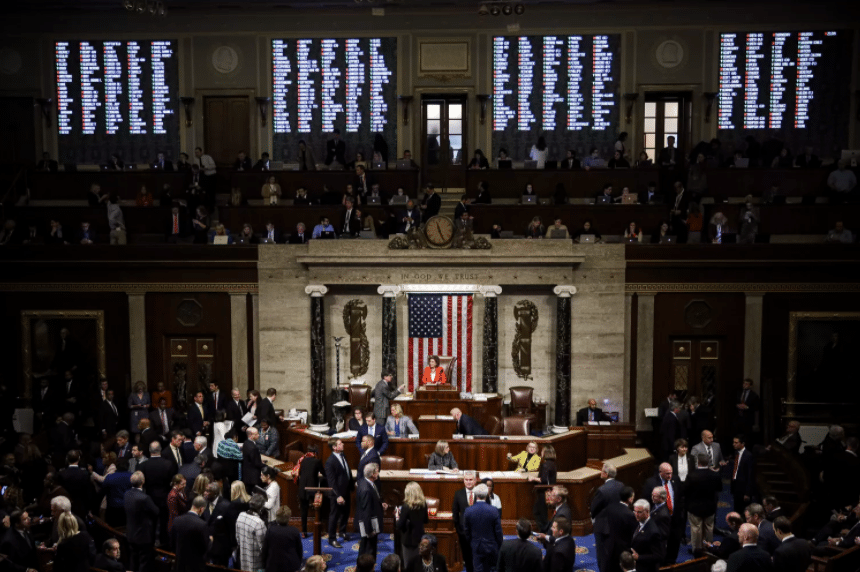
Should Congress Be Allowed to Vote Remotely?
Post | April 14, 2020
Due to the ongoing COVID-19 pandemic, 42 states—along with Puerto Rico and Washington, D.C.—have issued stay-at-home orders, effectively barring at least 316 million Americans from going out unless absolutely necessary.1 While essential businesses and services remain open, many workers now find themselves working from home. Considering the circumstances, should Congress also be allowed to vote […]
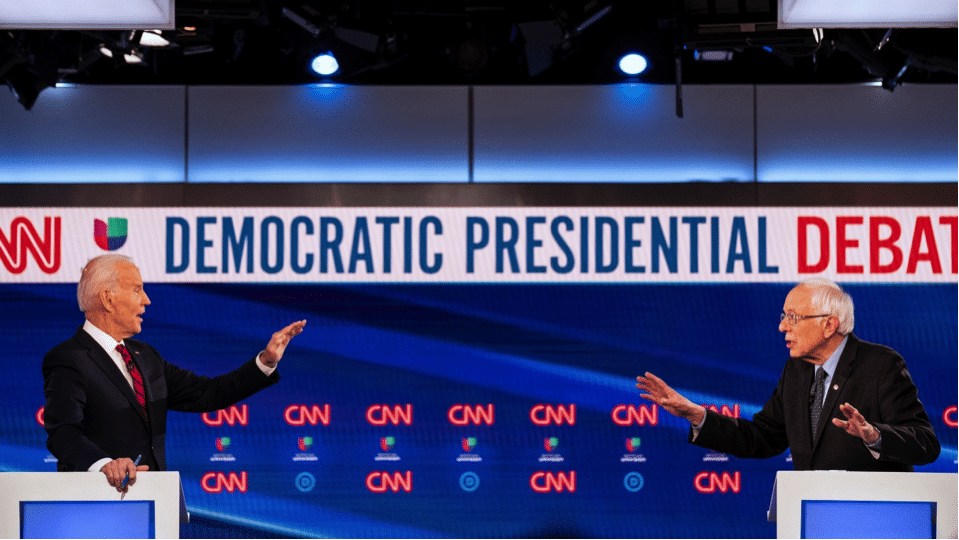
Postponed Presidential Primaries and the Pandemic
Post | April 7, 2020
With COVID-19 dominating both the headlines and the realities of everyday life in the United States, it can be hard to remember that we are in the midst of a presidential primary with a general election only seven months away. The State of the Race A little over a month ago, former Vice President Joe […]
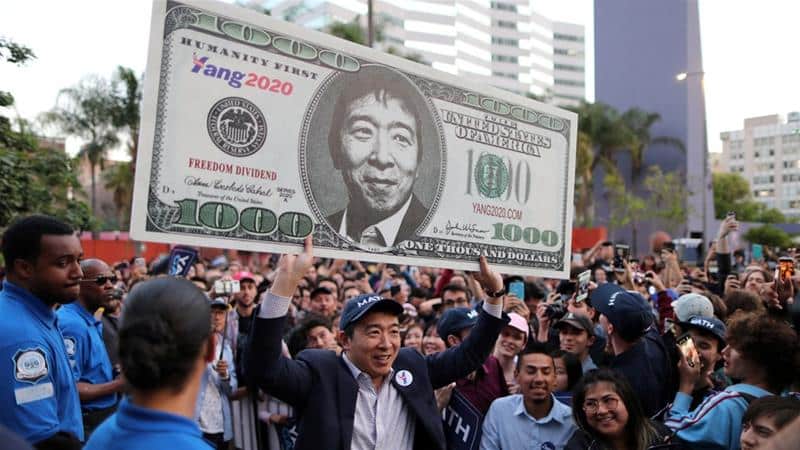
Universal Basic Income: Pipe Dream or Proactive Policy?
Post | February 28, 2020
On November 6, 2017, businessman Andrew Yang began a presidential campaign centered on a signature policy, Universal Basic Income (UBI).1 If put in place, this UBI or “Freedom Dividend” would give every adult American $1,000 a month, no questions asked.2 The idea captured some voters’ imaginations; although Yang ultimately suspended his campaign after a poor […]
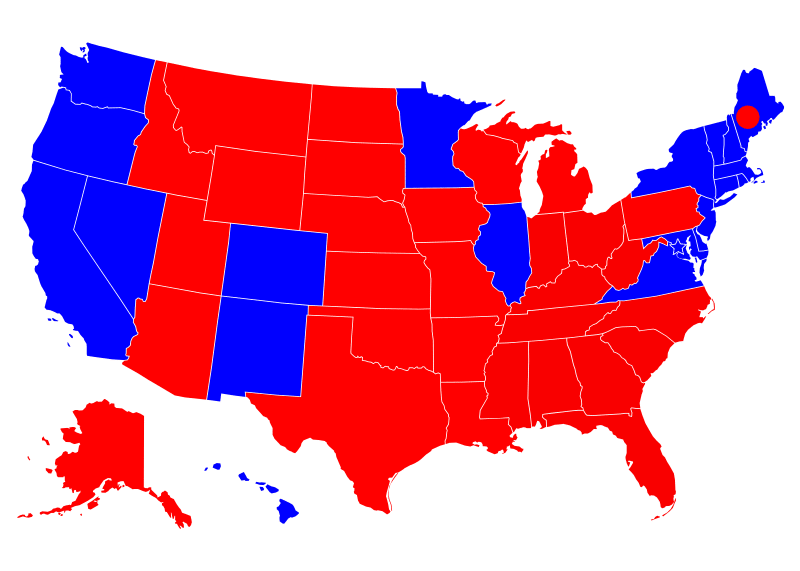
Understanding Ideological Labels
Post | February 20, 2020
During campaigns and elections, candidates use political labels, such as liberal, moderate, progressive, conservative, and libertarian, to position themselves in relation to each other and as a shorthand for their worldviews and policy preferences. This presidential election cycle features candidates from across a wider political spectrum than most elections in recent years. In the United […]
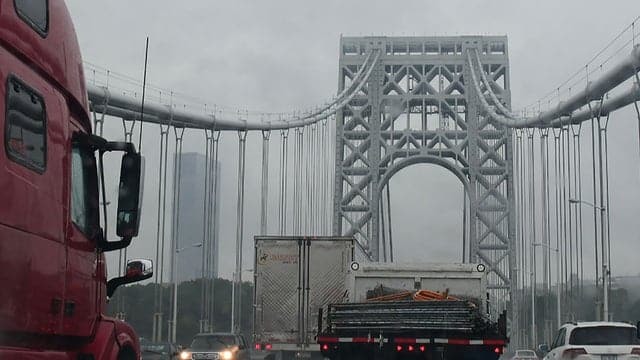
Is It a Crime When Politicians Lie?
Post | February 5, 2020
“There’s a clear difference between politics and a crime,” Michael Levy told the Supreme Court in January,1 when he made arguments in a case about New Jersey’s “Bridgegate” scandal. As the justices considered whether or not a public official commits fraud by obfuscating the “real reason”2 behind a decision, they asked both sides tough questions […]
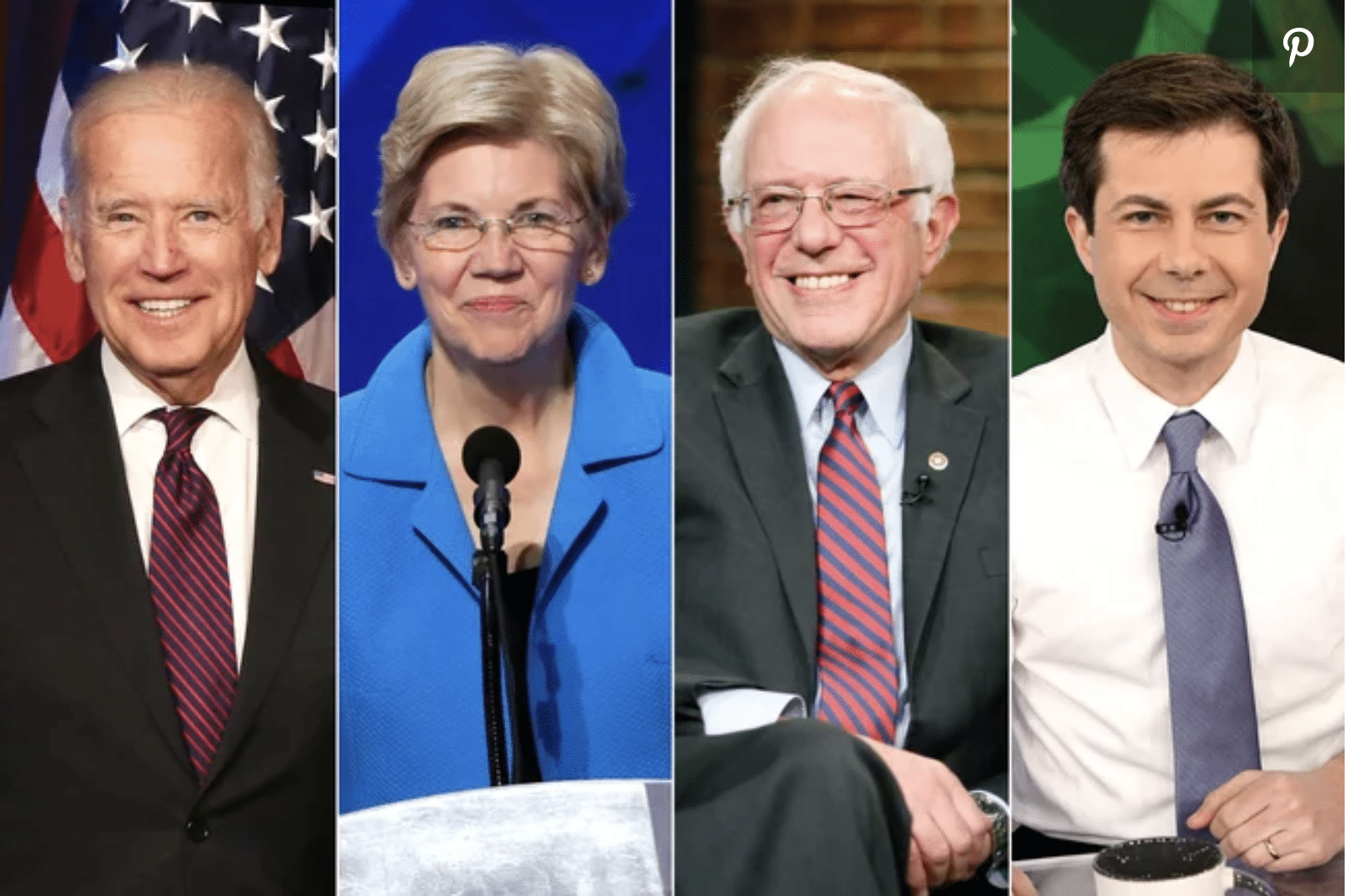
Primary Voting Begins: Iowa and New Hampshire
Post | January 29, 2020
What Should You Watch for in the Democratic Primaries? The next month features four nominating contests: the Iowa caucuses (February 3), the New Hampshire primary (February 11), the Nevada caucuses (February 22), and the South Carolina primary (February 29).1 A great deal of polling has been done to determine voters’ favorites in these contests, particularly […]

Political Ads on Social Media
Post | November 25, 2019
On October 30, Twitter CEO Jack Dorsey announced that, effective November 22, Twitter would ban all political advertising on its platform. Dorsey justified the decision by explaining that political ads present “entirely new challenges to civic discourse.”1 Twitter’s sweeping decision was not an arbitrary one; it was the result of a new wave of scrutiny […]
Page 13 of 18
Page 13 of 18

Calm or Chaos: The Role of the Media During a Crisis
Post | May 5, 2020
As the COVID-19 2020 news headlines continue to dominate, the American public is facing an onslaught of information about the pandemic. Social and traditional media are covering developments, spreading opinions, and broadcasting statistics about COVID-19. There has been a strong association between coronavirus media coverage and an increase in public attention on the virus itself […]

Should Congress Be Allowed to Vote Remotely?
Post | April 14, 2020
Due to the ongoing COVID-19 pandemic, 42 states—along with Puerto Rico and Washington, D.C.—have issued stay-at-home orders, effectively barring at least 316 million Americans from going out unless absolutely necessary.1 While essential businesses and services remain open, many workers now find themselves working from home. Considering the circumstances, should Congress also be allowed to vote […]

Postponed Presidential Primaries and the Pandemic
Post | April 7, 2020
With COVID-19 dominating both the headlines and the realities of everyday life in the United States, it can be hard to remember that we are in the midst of a presidential primary with a general election only seven months away. The State of the Race A little over a month ago, former Vice President Joe […]

Universal Basic Income: Pipe Dream or Proactive Policy?
Post | February 28, 2020
On November 6, 2017, businessman Andrew Yang began a presidential campaign centered on a signature policy, Universal Basic Income (UBI).1 If put in place, this UBI or “Freedom Dividend” would give every adult American $1,000 a month, no questions asked.2 The idea captured some voters’ imaginations; although Yang ultimately suspended his campaign after a poor […]

Understanding Ideological Labels
Post | February 20, 2020
During campaigns and elections, candidates use political labels, such as liberal, moderate, progressive, conservative, and libertarian, to position themselves in relation to each other and as a shorthand for their worldviews and policy preferences. This presidential election cycle features candidates from across a wider political spectrum than most elections in recent years. In the United […]

Is It a Crime When Politicians Lie?
Post | February 5, 2020
“There’s a clear difference between politics and a crime,” Michael Levy told the Supreme Court in January,1 when he made arguments in a case about New Jersey’s “Bridgegate” scandal. As the justices considered whether or not a public official commits fraud by obfuscating the “real reason”2 behind a decision, they asked both sides tough questions […]

Primary Voting Begins: Iowa and New Hampshire
Post | January 29, 2020
What Should You Watch for in the Democratic Primaries? The next month features four nominating contests: the Iowa caucuses (February 3), the New Hampshire primary (February 11), the Nevada caucuses (February 22), and the South Carolina primary (February 29).1 A great deal of polling has been done to determine voters’ favorites in these contests, particularly […]

Political Ads on Social Media
Post | November 25, 2019
On October 30, Twitter CEO Jack Dorsey announced that, effective November 22, Twitter would ban all political advertising on its platform. Dorsey justified the decision by explaining that political ads present “entirely new challenges to civic discourse.”1 Twitter’s sweeping decision was not an arbitrary one; it was the result of a new wave of scrutiny […]
Page 13 of 18







